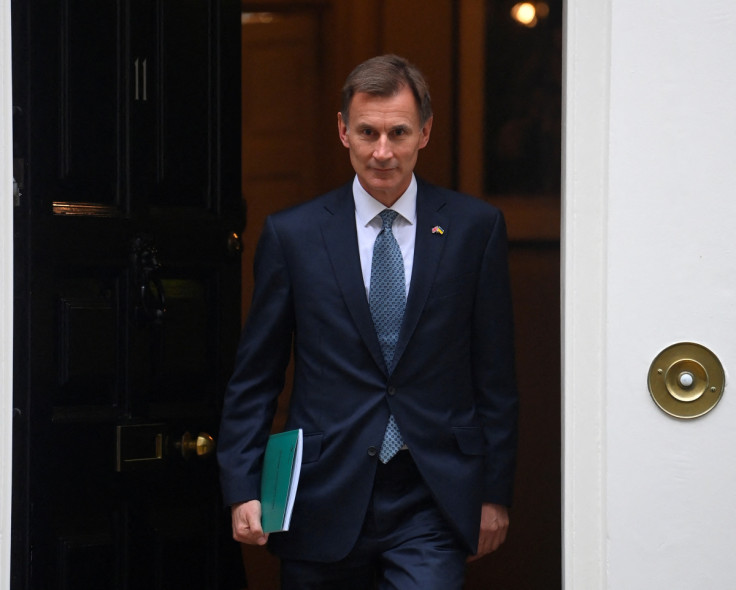Revised Figures Show UK Economy Recovered Faster Post-COVID Than Previously Estimated
New data has shown the UK economy grew faster than Germany or France since Covid, but analysts are wary of the future, as recent figures show sluggishness.

Updated figures from the Office of National Statistics (ONS) reveal that the UK economy grew faster than previously thought since the beginning of the COVID-19 pandemic.
The data indicates that the UK recovered from the pandemic faster than both Germany and France. In other words, it has not been the worst performer in the G7 as originally thought.
The figures show that for the second quarter of 2023, namely the three months to June, gross domestic product (GDP) was 1.8 per cent higher than the last quarter of 2019 before COVID-19 hit.
Previously, it was thought that there had been a contraction of 0.2 per cent over the same period. However, analysts warn that the UK is still suffering from sluggish growth.
The uplift in GDP calculations came earlier this month when the ONS stated that it now had "richer data'' from its annual survey. The ONS revises figures over time as it receives more data about the performance of the economy.
The improvement came mainly from revisions to data up to 2021. The ONS added almost two per cent to its estimate for the size of the economy for that time period. However, revisions to 2022 and the first two quarters of 2023 were small.
The updates show that UK growth since the start of the pandemic is stronger than France's 1.7 per cent and Germany's 0.2 per cent figures.
Chancellor Jeremy Hunt responded to the changes, saying: "We know that the British economy recovered faster from the pandemic than anyone previously thought and data out today once again proves the doubters wrong.
"We were among the fastest countries in the G7 to recover from the pandemic and since 2020 we have grown faster than France and Germany."
He doubled down on the government's economic strategy, emphasising that "the best way to continue this growth is to stick to our plan to halve inflation this year".
ONS chief economist Grant Fitzner noted the UK's growth rate was "almost unrevised over the last 18 months".
Analysts also took note of the relatively unchanged position for the most recent time period, with a less enthusiastic outlook than the Chancellor.
Ruth Gregory, economist at the consultancy Capital Economics, said the figures did "not change the big picture that the economy has lagged behind all other G7 countries, aside from Germany and France, since the pandemic. And that's before the full drag from higher interest rates has been felt."
She went on to predict that higher interest rates — now at 5.25 per cent — would trigger a mild recession characterised by a 0.5 per cent fall in GDP in the coming quarters.
Other analysts advised caution on any international comparisons just yet.
Samuel Tombs, economist at the consultancy Pantheon Macroeconomics, said: "A stable picture might take some time to emerge, given that statistical authorities in other countries are revising their data too."
For 2022, GDP is now estimated to have increased by 4.3 per cent, rather than 4.1 per cent as per the previous figures.
For 2023, the revised figures show an expansion of output of 0.3 per cent rather than the previously thought 0.1 per cent. For Q2, the estimate remained unchanged.
Household disposable income rose by 1.2 per cent in three months to June, backed by a recovery in real wages and the uprating of the value of benefits to account for high inflation last year.
This in turn also led to increased quarterly savings by households, with the figures showing that 9.1 per cent of disposable income was saved by households in Q2 2023, versus 7.9 per cent in Q1 2023.
However, the message from experts remained that growth will continue to be slow going into the near future. Martin Beck, chief economic adviser to the EY ITEM Club, a consultancy said: "Sluggishness will characterise activity for the near future."
© Copyright IBTimes 2025. All rights reserved.






















